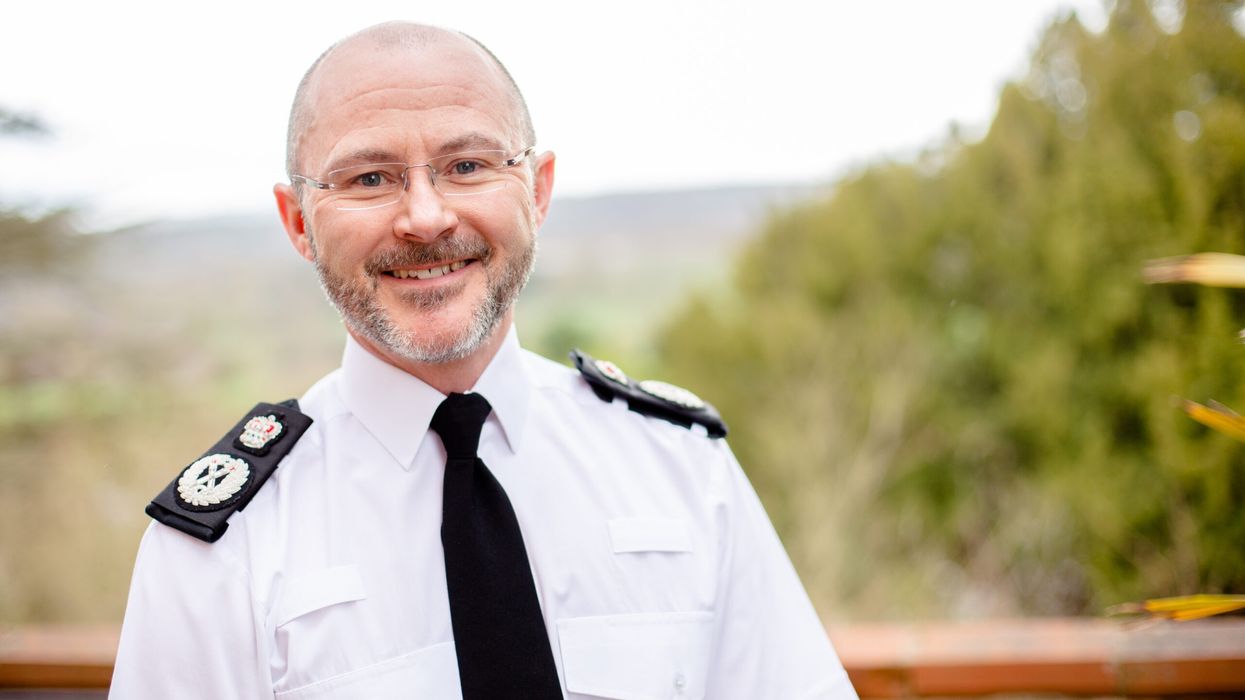ONE OF the leading police officials in the United Kingdom (UK) has said that police forces should admit to being "institutionally racist."
Gavin Stephens, the chair of the National Police Chiefs' Council (NPCC), said the police needs to facing these issues openly to rebuild trust within local communities.
Stephens, who took the helm of the NPCC in April after serving as the chief constable in Surrey, said that denial of institutional racism can hinder collaboration with certain community groups, reported The Telegraph.
"What I’ve found, over the last 11 months, is that some groups simply won’t work with us or take us seriously if we don’t accept the diagnosis of institutional racism and say it out loud," he said.
“I’ve [publicly accepted institutional racism.] I did it when I was chief in Surrey as well,” Stephens added. His approach also calls for a broader recognition of discrimination, drawing from the findings of Dame Elish Angiolini's report on Met police officer Wayne Couzens, suggesting a commitment to combating all forms of discrimination.
“You may have seen one of the Angiolini recommendations is about having a commitment to being anti-sexist, misogynistic and so on. I think we extend that. We need to be anti-discriminatory in all of its forms,” Stephens said during a police leadership conference at Staffordshire University.
His stance contrasts with that of Met Commissioner Sir Mark Rowley, who has expressed reservations about the term "institutional," used by Dame Louise Casey in her review to describe the Met's issues with racism, misogyny, and homophobia. Rowley described the term as "ambiguous" and a "political term," which could be misconstrued as labeling most Met personnel as racist.
The former Home Secretary, Suella Braverman, supported Rowley's view, criticising the notion that the police are institutionally racist as harmful to both police morale and community relations. Braverman argued that police chiefs should concentrate on reducing crime and maintaining public safety rather than engaging in what she termed "virtue-signalling."
Despite these controversies, some police chiefs, including those in Scotland and Avon and Somerset, have acknowledged institutional racism within their ranks, which has stirred dissent among frontline officers, The Telegraph reported.
Stephens recognised the divisiveness of this issue but suggested that misunderstandings about the term's meaning are widespread.
“In amongst all that debate, I completely accept that – even today – there isn’t a settled position across all chiefs on institutional racism. There are differences of views about the use of the term and the language,” he said.
“Some, in my view, quite wrongly imply that it means widespread racism across the workforce. I think that it’s a leadership responsibility to explain that’s not what it means. That’s not what Sir William Macpherson meant by it. It’s not what Louise Casey meant by it either,” Stephens said, referencing the definition by Sir William Macpherson: “The collective failure of an organisation to provide an appropriate and professional service to people because of their color, culture, or ethnic origin. It can be seen or detected in processes, attitudes and behavior which amount to discrimination through unwitting prejudice, ignorance, thoughtlessness and racist stereotyping which disadvantage minority ethnic people.”





